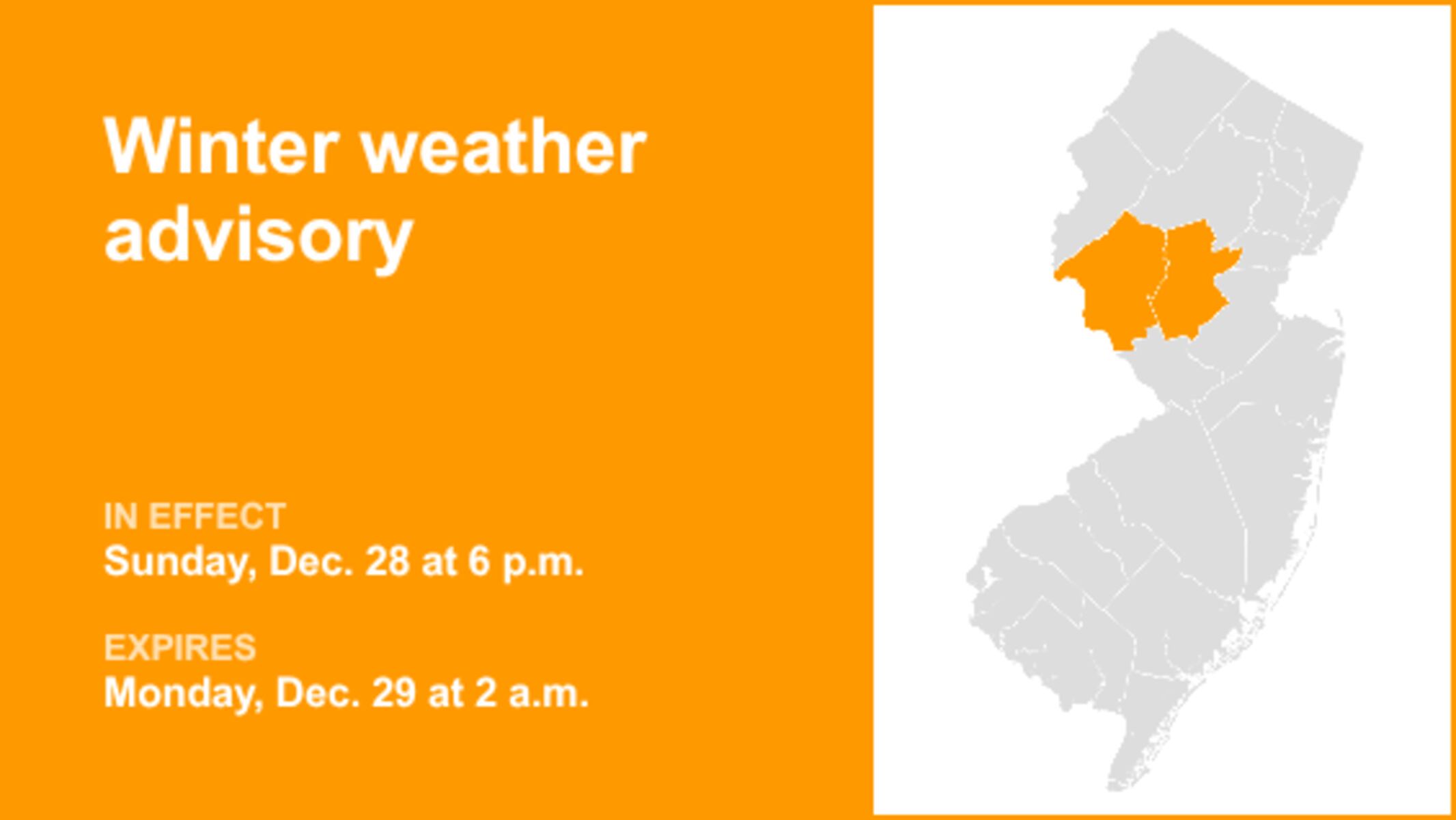ACA Subsidies Debate Intensifies Amid Claims of Misleading Data

Concerns over the implications of the Affordable Care Act (ACA) subsidies have sparked renewed debate following a recent editorial published on November 10. The article, titled “Doomsday rhetoric over premium costs are overblown,” referenced a study by the Cato Institute, suggesting that households with incomes as high as $600,000 could qualify for ACA subsidies in certain areas. Critics argue that this analysis may overlook the impact on middle-income families who could face significant financial burdens if subsidy extensions are not maintained.
The Cato Institute’s findings indicate that, without extended subsidies, many families, particularly those in higher income brackets, will see only nominal increases in their health insurance premiums. This argument has been challenged by various stakeholders, including Rep. Marjorie Taylor Greene, who has publicly called for broader access to ACA subsidies. Greene’s advocacy highlights the personal stakes involved, as she noted that her adult children’s health coverage could rise by thousands of dollars if subsidies are reduced.
Advocates for the ACA emphasize the importance of these subsidies for maintaining affordability in healthcare, particularly for individuals and families who fall within the middle-income range. They argue that while affluent households may have some access to financial assistance, the most vulnerable populations rely heavily on these subsidies to manage their healthcare costs effectively.
The political discourse surrounding the ACA is further complicated by varying interpretations of its impact on different income levels. The Cato Institute’s study has been characterized as selective by critics who claim it fails to account for the realities faced by many Americans. These individuals argue that, contrary to the study’s conclusions, the financial strain on middle-income families could be exacerbated without a continuation of the expanded subsidies.
As discussions continue, the future of the ACA and its subsidy structure remains a pivotal topic in American politics. The outcome could significantly influence the accessibility and affordability of health insurance for millions of Americans, making it a critical issue for policymakers and constituents alike.
The debate illustrates the broader implications of healthcare policy, as families across the income spectrum grapple with the potential changes. The conversation is expected to evolve as both sides prepare to present their arguments in the coming legislative sessions.






